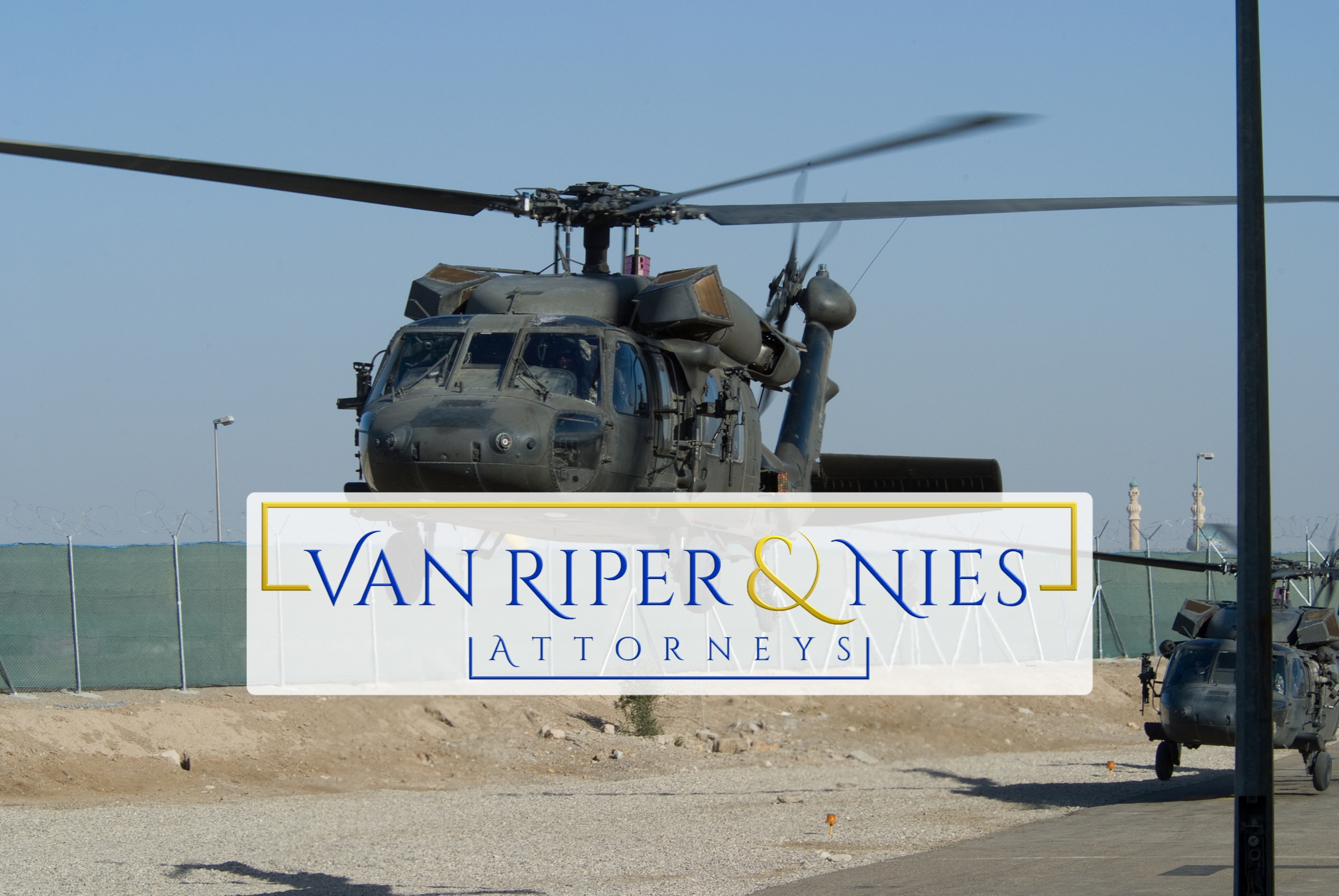Defense Base Act (DBA) cases often conclude with a settlement. This article discusses the settlement process and how DBA cases are settled. The DBA claim process oftentimes is prolonged and vexing. Insurance companies are challenging to deal with. Remember, DBA insurance companies exist to make money. They do not exist to help workers. Unfortunately, insurance companies often maximize profits by delaying, denying, and defending claims. Handling and obtaining a fair settlement of a Defense Base Act claim without a DBA attorney is arduous, to say the least.
DBA claims typically settle after injured contractors reach Maximum Medical Improvement (MMI). MMI is defined as the point at which worker’s medical condition has stabilized and further improvement is not likely – meaning that he or she is at maximum improvement and will not improve any further. It is important to understand just because a contractor has reached MMI that they are not fully healed. That is not the case. Oftentimes, workers who have reached MMI will still require palliative medical care for life. An effective DBA lawyer knows as much about injuries as many doctors.
Settling a DBA claim typically settles all issues, so workers must take into consideration all issues when requesting a settlement amount. The question is then, what is a fair settlement value? What should be considered and included in the settlement demand to the DBA insurance carrier.
Calculating Your DBA Settlement
First, there is no formula for a lump sum DBA settlement amount. The Defense Base Act does not consider typical pain and suffering as in personal injury cases, such as car accidents. The DBA insurance carrier adjuster and their lawyers will fight and argue against workers’ losses. It is critical to calculate a fair settlement value long before any settlement negotiations and mediations. A DBA lawyer should prepare a very detailed demand package to provide to the Carrier. The demand should include:
- A summary of the incident causing the injury.
- Background information on the contractor, including employment experience.
- Paid and unpaid medical expenses.
- A summary of the medical care and injuries sustained, backed up by medical records and other evidence. The demand should include a description of permanent restrictions and how these restrictions will impact contractors’ ability to work in the same type of job or in other areas of employment.
- Future medical expenses. For example, if you will continue to require Lyrica, your lawyer should calculate that expense out for life in appropriate claims.
- Past and future loss of wages. For future wages, your DBA lawyer should calculate the present value of the future wage loss.
The settlement demand must include information about how workers’ injuries impact their ability to work. For example, a nurse injured while working as a medic overseas sustained a serious shoulder injury, which results in restrictions where the worker cannot lift more than 5 lbs. over his head. These permanent restrictions not only prevent him from returning to his job overseas in Afghanistan as a medic, but also restrict his ability to work as a nurse back in the U.S. as nurses cannot work with such restrictions. This situation must be detailed in the written demand.
Oftentimes, DBA cases settle at a Defense Base Act mediation. This is where the parties meet together and sit down to attempt to resolve the issue. The injured worker should be fully prepared in person (not by a short telephone conference) for the mediation. It is an important event, and if the lawyer cannot take the time to make sure his or her client is prepared, then that lawyer is not doing a great job for his client.
Hire a DBA Lawyer
DBA lawyers, after a settlement, are paid for the hours they put into a claim and in the settlement by the insurance company. Not the contractor. DBA lawyers are not permitted to

be paid a contingency fee as in personal injury cases. DBA lawyers’ fees and costs, paid by the insurance company, must be approved by the Department of Labor. So, there is no downside for hiring a DBA lawyer right away after an injury. The DBA insurance companies have their lawyers, so should you. Our DBA attorney, Tim Nies, a veteran of the 3rd Ranger Battalion, understands DBA law and how injuries impact the lives of his clients Tim was forced out of the Army after a serious injury on a parachute exercise. He worked long and hard to recover. Tim has got your six and will battle the insurance companies for fair settlements for his clients. Tim has experience litigating DBA claims against the insurance companies AIG, Allied World, Starr Indemnity, Ace American Insurance Company, and the third party administrators, which handle DBA insurance claims for the insurance companies, including Gallagher Bassett and Broadspire. Tim will sit down with you and explain in more detail how DBA cases are settled, tips for settling your Defense Base Act claim, and how to maximize DBA settlements for free, day or night.
